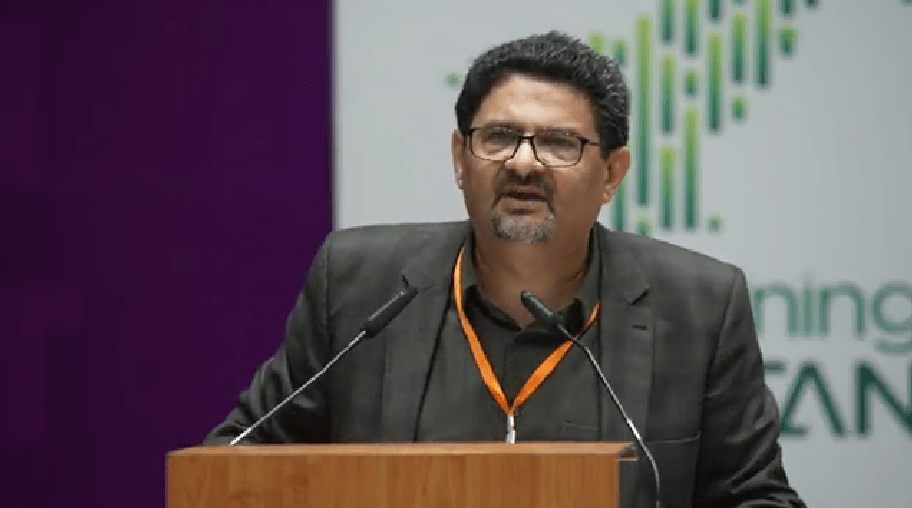The former Minister of Finance, Miftah Ismail, shouted at the ruling coalition for consecutive oil taxes, blaming the government for loading citizens with a “mini budget” and not approved the benefit of the fall in world oil prices.
He accused the government of abandoning basic economic practice, saying that fuel prices should reflect changes in the global market, increasing when international rates increase and decrease when they fall, a balance that states that it is no longer maintained.
In a strongly written publication in X, Ismail revealed that the government raised the oil tax in RS10 per liter in March and another RS10 in April, carrying the total tax to RS80 per liter. He estimated that the measure adds RS34 billion in monthly tax revenues.
“In these two months, the Government has increased taxes in RS34 billion per month instead of giving people benefit,” he said, arguing that gasoline prices should fall when international prices of oil fall.
Ismail dismissed the official statements that the increase in the range would finance development in Baluchistan. “The money is fungible … no new projects have been approved for Baluchistan,” he said, claiming that the funds would go to the expenses of the general government.
He also accused the government of making commitments to the International Monetary Fund (IMF) to maintain high fuel prices and continue increasing taxes. “This is a mini budget,” he said.
Criticism follows the announcement of Prime Minister Shehbaz Sharif that savings due to the fall in oil prices would be redirected towards the duration of the N-25 road (Chaman-Quetta-Kalat-Khuzdar-Karachi Route) and complete phase 2 of the Kachhi channel project to irrigate the earth in Balochistan.




